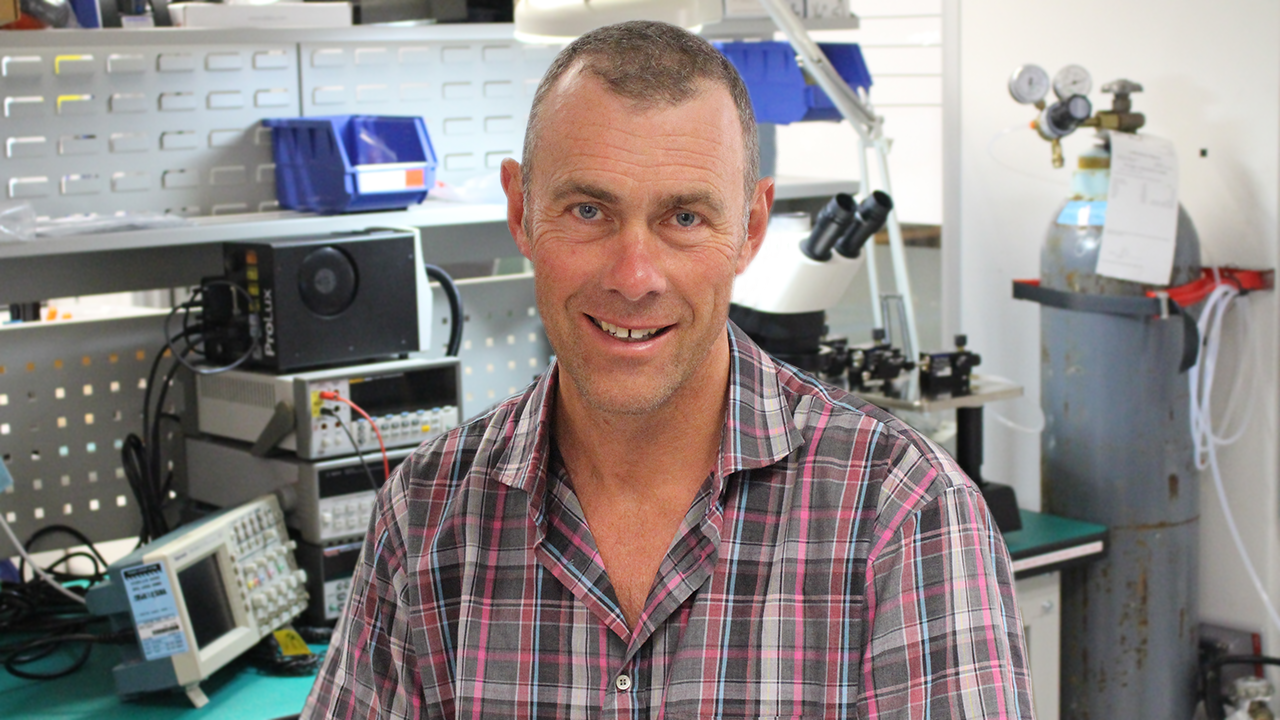Improving the lives of children with hydrocephalus
Hydrocephalus: a common neurosurgical condition
Hydrocephalus is an abnormal build-up of fluid around the brain. Approximately 100 paediatric patients in New Zealand are diagnosed with hydrocephalus every year. It’s the most common paediatric neurosurgical condition.
An emotional rollercoaster for new parents
Imagine being a new parent and told that your baby has hydrocephalus and will need neurosurgery to install a tube (shunt) to drain the excess fluid. Initially, you would be relieved that there was treatment, but then you are told that within the first two years there is a 60% chance the tube will block.
Is a blocked tube (shunt) causing the brain pressure?
Warning symptoms of this blockage include irritability, headaches and vomiting. They’re easily confused with other common illnesses. Unfortunately, there is no way of telling when fluid build-up is causing a rise in brain pressure and potentially impeding blood flow to the brain, except for a brain scan in hospital and possibly hospitalisation. But 70% of the time it turns out to be related to another issue.
As one parent puts it, “it’s the not knowing when the shunt is failing that is so stressful”.
Professor Malpas is developing an easy-to-use remote sensor
Professor Malpas and his team from the University of Auckland and ADHB are developing a much-needed tool. It will let parents and caregivers monitor their child’s brain pressure remotely, via a sensor placed alongside the drainage tube.
This accurate, long-term measurement of intracranial pressure can be shared with healthcare professionals electronically. The tool will reduce hospitalisations and radiation exposure from CT scans, and greatly relieve the anxiety of parents around the care of their children.
Cure Kids is funding testing
Funding from Cure Kids is allowing Professor Malpas and his team to finish testing the technology before they undertake the first human trial.

Help fund our big research.
Every bit helps.

